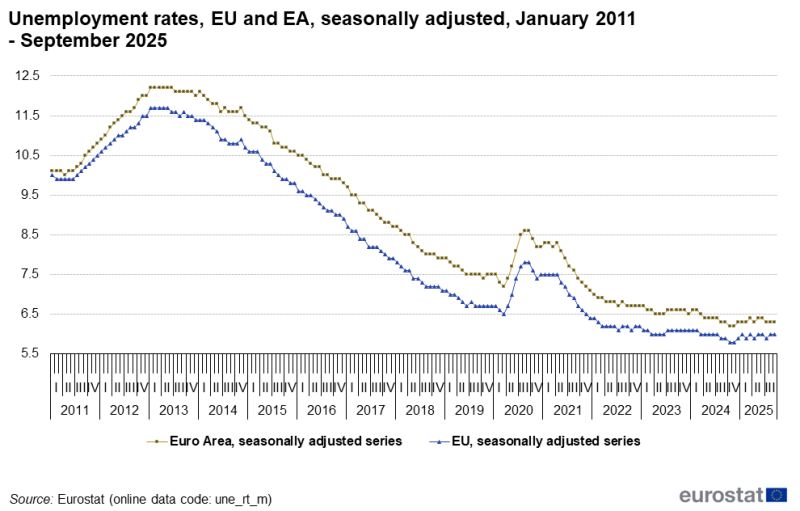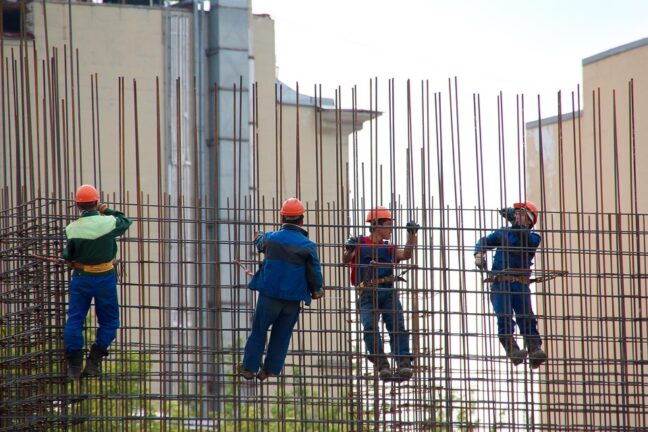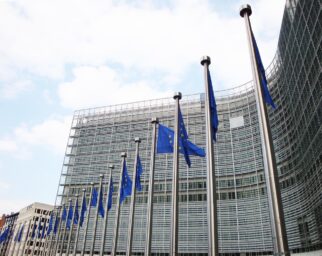EU-wide digital platform could soon help fill vacancies across the bloc with third country workers. Parliament and Council reached an agreement on the creation of an EU Talent Pool platform. This digital platform will facilitate recruitment for work in the EU member states on a voluntary basis; vacancies will be matched with non-EU jobseekers.
A political agreement has been reached on Tuesday, 18 November to set up the EU Talent Pool, a digital platform to make it easier to recruit third-country nationals for work in the EU. It is a concrete response to a problem faced by many member states. There is a shortage of workers in many economic sectors and jobs cannot be filled from domestic sources.
Voluntary scheme
In terms of participation by member states, the scheme will be a voluntary one. Vacancies falling within the list of EU-wide shortage occupations and those contributing to EU competitiveness will be matched with non-EU jobseekers. The process will be free of charge for jobseekers and for employers.
Member states will have to ensure that all participating employers and entities—such as temporary work agencies or labour market intermediaries—are lawfully established in a participating EU country and comply with the relevant EU and national laws. That includes fair recruitment, adequate working conditions, non-discrimination, protection against adverse treatment and trafficking in human beings. Breaches of these laws could lead to employers being suspended or removed from the platform.
Jobseekers interested will be able to register and create profiles that will be visible to employers, indicating relevant skills and qualifications. Skills developed or validated in the framework of an EU Talent Partnership or bilateral arrangements will be flagged in the jobseekers’ profiles. Additional information, such as availability to start work or preferred member state can also be included. Jobseekers will have to be at least the age of majority under the national laws of the country of employment.
You might be interested
Member states to manage immigration procedures
Participating EU countries will be free to accelerate immigration procedures to allow for faster recruitment of jobseekers selected from the EU Talent Pool. However, neither registration nor selection for a vacancy through the EU Talent Pool platform will guarantee the delivery of work and residence permits, which will still be subject to immigration procedures in the individual member states, including security checks.
The agreement still needs to be formally adopted by Parliament and Council before it can enter into force.
Healthcare, construction, transportation…
Many EU member states have been facing labor market problems for years, with a number of sectors suffering from labor shortages. Typically, these include healthcare and construction, but also hospitality sector or manufacturing.

In Eastern Europe in particular, the problem is exacerbated by emigration to more developed countries in Western and Northern Europe, where earnings are higher. According to the latest Eurostat figures published in October 2025, the average unemployment rate in EU countries is 6.0 per cent. That is half the figure recorded twelve years ago.
The lowest unemployment rates have been reported by countries like Denmark, Malta, and the Netherlands (between 2 and 4 per cent). At the other end of the scale (8 to 10 per cent unemployment rate) are Sweden, Finland, and Spain.











